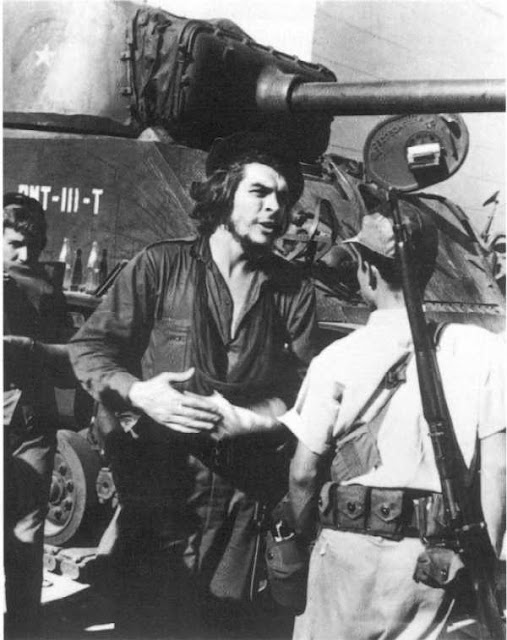History and Politics of Cuba
The history of Cuba (as we have already discussed) is rife with conquest and revolution. Even after the days of open colonization and conquest, Cuba was still traded between sovereign powers as if it were a chess piece on the global game board.
From it's earliest incarnation as a Isla Juana (Andrea), as a colony of Spain in 1493, to the capture of its capitol city of Havana by the British in 1762 (Thomas), to becoming a protectorate of thew U.S. in 1898 following the Spanish-American War (Avalon), and gaining its own independence in 1902 (Peréz), Cuba has experiences changes in its politics along every step of its history.
Political Ideology
Foreign Relations
Cuba's involvement in the global matters is somewhat limited due to the U.S. embargo of Cuban goods and trade. However, under Fidel Castro Cuba did take part in a series of foreign wars, backing Algeria during the Angolian Civil War (Gleijeses), as well as sending military support to Yemen, Mozambique, and Ethiopia. In recent years, Americans and Cubans have experiences what is known as the "Cuban Thaw" - a treaty agreement brokered in part by Pope Francis - designed to initiate sand encourage a discussion on trade, foreign policy, and humanitarian issues.Works Cited:
Andrea, Alfred J.; Overfield, James H. (2005). "Letter by Christopher Columbus concerning recently discovered islands". The Human Record. 1. Houghton Mifflin
Thomas, Hugh. Cuba: The Pursuit of Freedom (2nd edition). Chapter One.
Treaty of Peace Between the United States and Spain". The Avalon Project. Yale Law School. 10 December 1898.
Louis A. Pérez (1998). Cuba Between Empires: 1878–1902. University of Pittsburgh Pre. p. xv. Retrieved 19 July 2013.
"The Constitution of the Republic of Cuba, 1976 (as Amended to 2002)" (PDF). National Assembly of People's Power. Archived from the original (PDF) on 17 January 2013. Retrieved 18 August 2012.
Cuba: Elections and Events 1991–2001 Archived 1 March 2007 at the Wayback Machine Latin American Election Statistics Home
Gleijeses 1996, pp. 159, 161:






Comments
Post a Comment